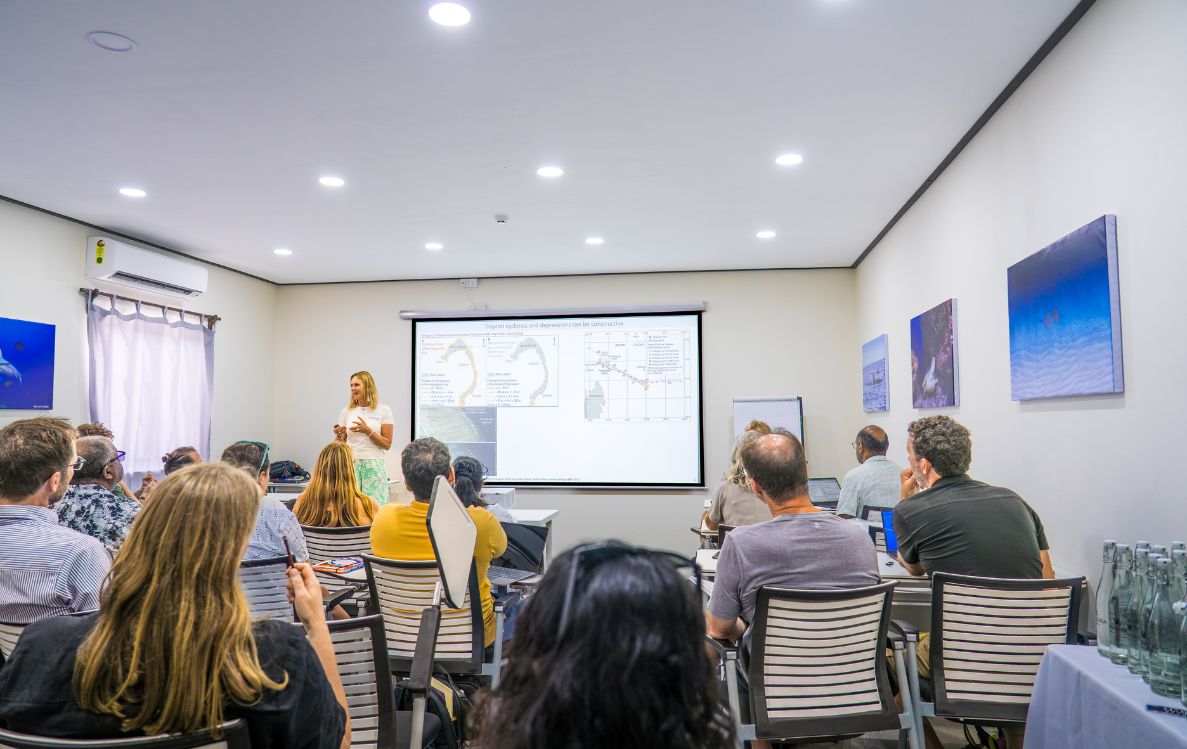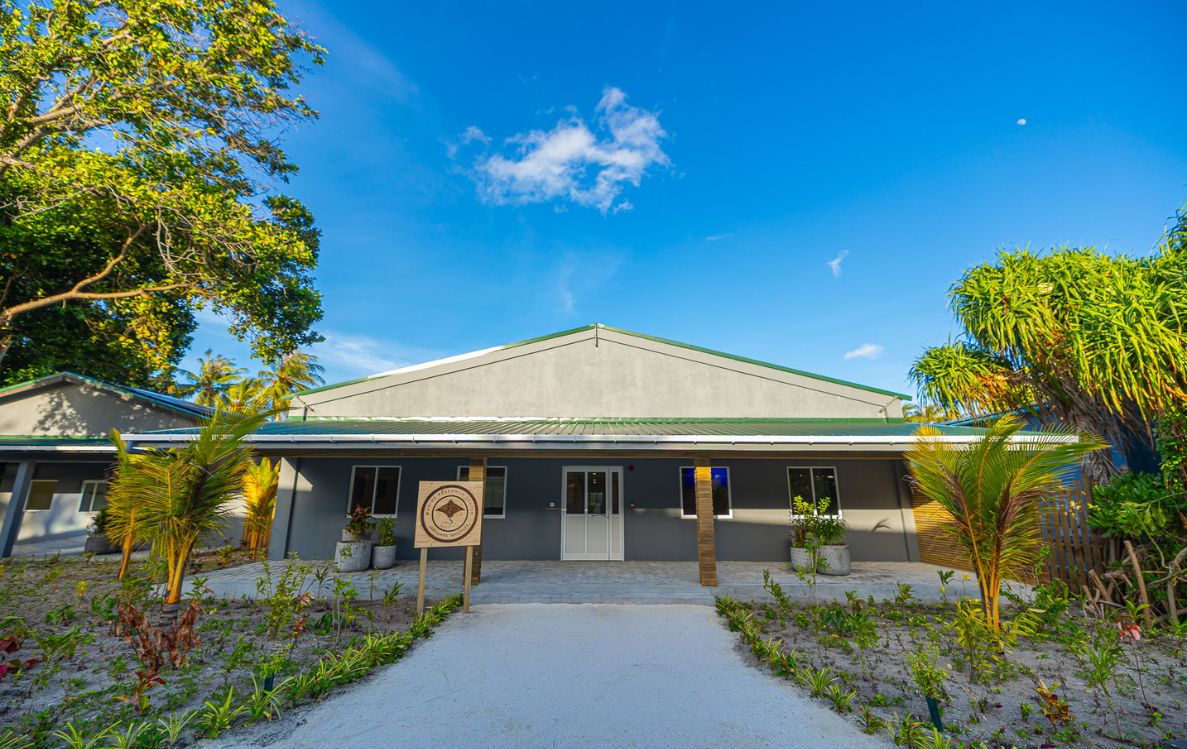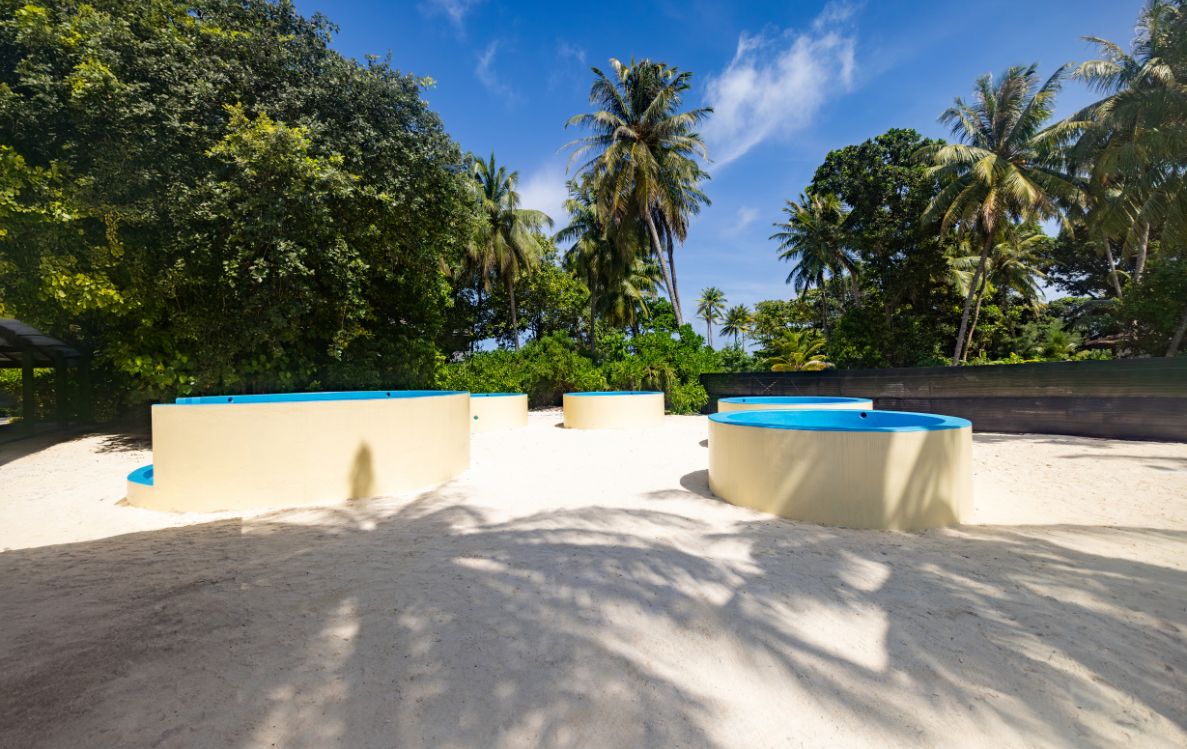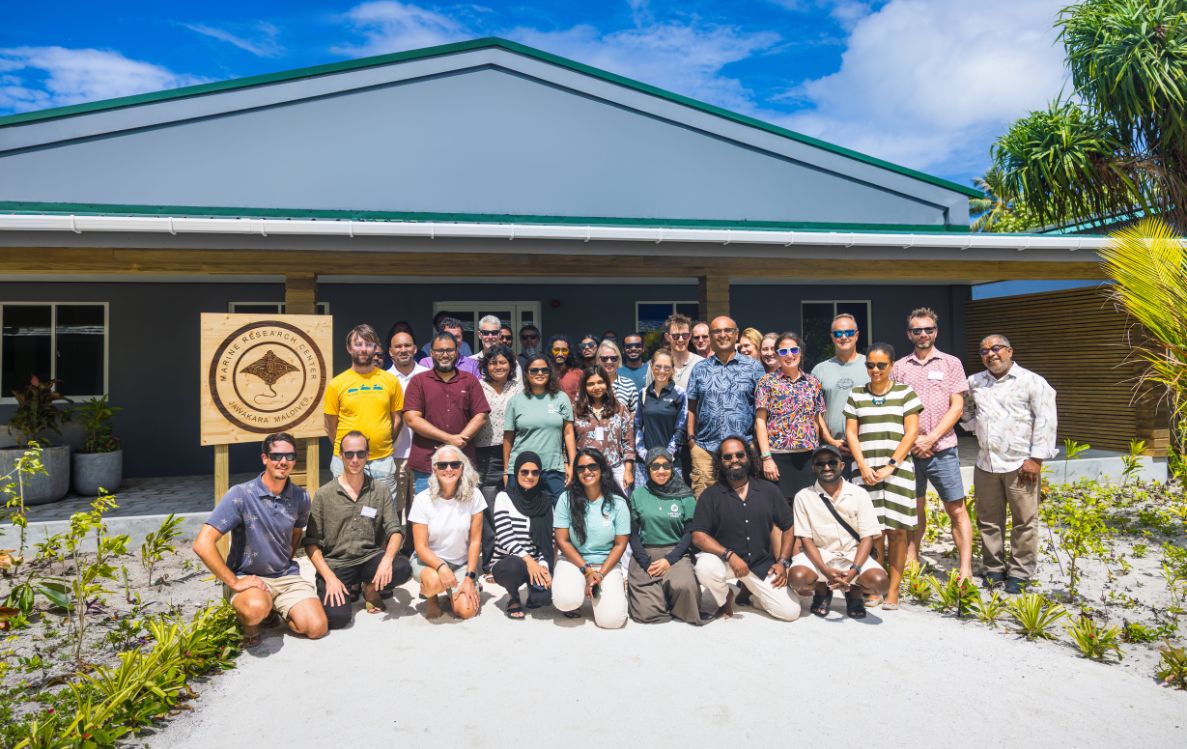

First-Ever Atoll Conference at Jawakara Islands Maldives Concludes with Hope and a Vision for the Future
Jawakara Islands Maldives, hosted a historic milestone in environmental collaboration this September with the inaugural Atoll Conference, held at Jawakara Islands from 1st to 5th September 2025. The five-day gathering brought together more than 30 international experts, including geologists, marine biologists, anthropologists, ecologists, sociologists, and local stakeholders, to share knowledge, present research, and develop actionable pathways for atoll resilience.
The conference highlighted the profound interconnectedness of atoll ecosystems, where geology shapes ecology, vegetation influences island stability, and human activity impacts both land and sea. Through presentations, workshops, and field visits, participants explored the challenges and opportunities of conserving atolls, fragile environments at the forefront of climate change.

From the outset, sustainability has been at the heart of Jawakara’s vision. The resort is home to the Jawakara Atoll Research Center and the Maldives’ first Sea Turtle Teaching Hospital, initiatives designed to combine science, education, and community engagement.
“The idea for the Research Center and the Sea Turtle Institute was part of the Jawakara vision from the very beginning,” said Filip Petre, Owners’ Representative at Champa Lars. “We wanted to create something unique and environmentally sustainable for our guests, an experience that allows them to learn about the island ecosystem while contributing to its protection. The Sea Turtle Institute is one of a kind, and we believe there is a real need for such a facility. Hosting this conference is just the beginning of the kind of transformative work that will take place here.” Filip also noted the institute’s wider potential: “Our labs can be converted into operational and diagnostic facilities in times of crisis. This means the center is not only dedicated to turtle conservation but also ready to play a vital role in environmental emergency responses across the region.”
The Olive Ridley Project, Jawakara’s partner in developing the Sea Turtle Institute, emphasized the facility’s groundbreaking role. “This is the Maldives’ first sea turtle teaching hospital, and we will soon implement the world’s first accredited sea turtle veterinary nursing program, developed in partnership with Maldives National University,” said Isha Afeef from the Olive Ridley Project. “Our mission here goes beyond treatment. We want to give students, both Maldivian and international, the opportunity to practice turtle medicine, gain hands-on experience, and directly contribute to turtle conservation.”

The institute is equipped with two intensive care tanks and five additional tanks fitted with underwater monitoring cameras, providing significant capacity for treatment and rehabilitation. The team will also introduce cutting-edge therapies, including stem cell treatments, adapting advancements from human medicine to turtle care.
“This center has both national and international implications,” the Isha added. “It positions the Maldives as a leader in marine animal medicine while addressing a pressing global conservation need.” Conference leads, Sebastian Steibl, Naturalis Biodiversity Centre, Netherlands and James Russell, University of Auckland, New Zealand, reflected on the importance of the event:
“Atolls are often described as lost causes to climate change, with rising sea levels painting a grim picture of their future. But two decades of research have shown us that there is still hope, local actions can build resilience. What we achieved here in the Maldives was to bring together leading global experts, local NGOs, and community representatives to rethink what atoll sustainability can look like. The insights shared here will strengthen conservation, tourism, and community adaptation strategies for years to come.”
As part of the conference program, participants visited Olhuveli Fushi, a nearby inhabited island, to gain insights into community life, and an uninhabited island nursery for nurse sharks and rays, linking research discussions with on-the- ground realities.

Participants shared their reflections on the significance of the gathering:
- Zaahie Saeed, Griffiths University, Australia:
“It has been truly inspiring to learn from researchers from all over the world who are gathered here. The Maldives needs more of these spaces where global knowledge and local experience come together. What Jawakara is doing with the opening of the new research center is an important step forward not only for advancing science, but also for ensuring that our islands and communities are part of shaping solutions. It gives me hope that we are building a stronger foundation for collaboration, innovation, and resilience.”
- Shaha Hashim & Naffath Nasir, Maldives Resilient Reefs representatives:
“We gained valuable new insights into how atoll conservation can be approached holistically, considering not only marine ecosystems but also terrestrial ecosystems and other critical factors that sustain atoll communities. The workshop provided an enriching opportunity to learn from the experiences and expertise of professionals working in atoll environments beyond the Maldives, while also giving us the chance to share our own perspectives, challenges, and approaches to solutions. This exchange of knowledge and ideas reinforced the importance of collaboration and collective problem-solving for advancing the sustainability and resilience of atoll communities.”
- Ahmed Reehan Mohamed (Rikky), Miyaru Shark Program:
“The Maldives’ shark ban remains one of our most important conservation priorities. Conferences like this provide us with the opportunity to strengthen regulations, foster collaboration, and ensure the long-term protection of marine species for generations to come.”
Dr Alex Wegmann of The Nature Conservancy added: “Communities of practice for managing key local threats to atoll ecosystems already exist and can be strengthened with existing knowledge. What is now needed is recognition of the atolls’ ecological and cultural importance and the allocation of resources to restore and protect their inherent resilience to climate impacts.”
Looking Ahead
The conference closed on an inspiring note, underlining the importance of interdisciplinary collaboration and the integration of science with community engagement. The key takeaway: atolls, long considered vulnerable to inevitable loss, in fact hold immense potential for resilience when supported by innovation, research, and local expertise. The Atoll Conference at Jawakara Islands marks the beginning of a new era of partnership between the Maldives, global scientific communities, and local stakeholders. It sets the stage for the Jawakara Atoll Research Center and the Sea Turtle Institute to become hubs of discovery, education, and hope for generations to come.